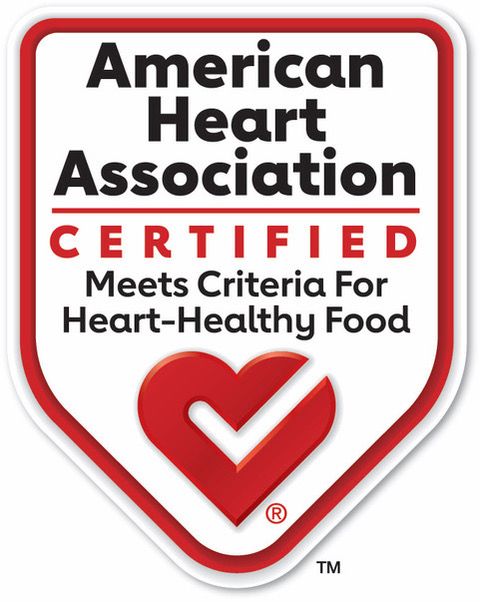Beneo’s beta-glucan rich whole grain barley flour is certified by the American Heart Association’s Heart-Check Food Certification Program
Beneo has announced that its whole grain barley flour, Orafti β Fit, has received certification from the American Heart Association (AHA) to carry the organization’s Heart-Check mark.
The American Heart Association's Heart-Check Mark

Beneo (Parsippany, NJ) has announced that its whole grain barley flour, Orafti β Fit, has received certification from the American Heart Association (AHA) to carry the organization’s Heart-Check mark.
“We are extremely proud to have passed the American Heart Association’s strict evaluation criteria and are now able to make use of the well-known and highly valued Heart-Check mark. Products carrying that symbol demonstrate their high nutritional standard, making it easier for consumers to make better food choices,” said Denisse Colindres, manager Nutrition Communication, North America at BENEO, in a press release. “This distinctive mark signifies Orafti β Fit’s compliance with high heart-healthy standards, showing manufacturers at a glance that Orafti β Fit is an ingredient they can trust.”
Beneo cites research from FMCG Gurus stating that two-thirds of North American consumers are interested in heart health products even if they don’t suffer from specific health problems, and a similar number of North Americans agree with the statement, “I find products positioned around improving heart health appealing.” Therefore, there is a strong market potential for new product development with respect to products that have proven health benefits.
Orafti β Fit delivers 20% beta-glucan fibers, which is significantly higher than conventional cereal flours, says Beneo. Research shows that 3 g of barley beta-glucans daily may reduce blood LDL-cholesterol to reduce the risk of coronary heart disease. According to the company, the ingredient can be used in a number of application, from bread to pasta, and provides an opportunity for affordable beta-glucan enrichment.
Reference
- AbuMweis, S.S.; Jew, S.; Ames, N.P. β-glucan from barley and its lipid-lowering capacity: a meta-analysis of randomized, controlled trials. Eur J Clin Nutr. 2010, 64(12): 1472-80. DOI: 10.1038/ejcn.2010.178
Prinova acquires Aplinova to further increase its footprint in Latin America
April 7th 2025Prinova has recently announced the acquisition of Brazilian ingredients distributor Aplinova, which is a provider of specialty ingredients for a range of market segments that include food, beverage, supplements, and personal care.










